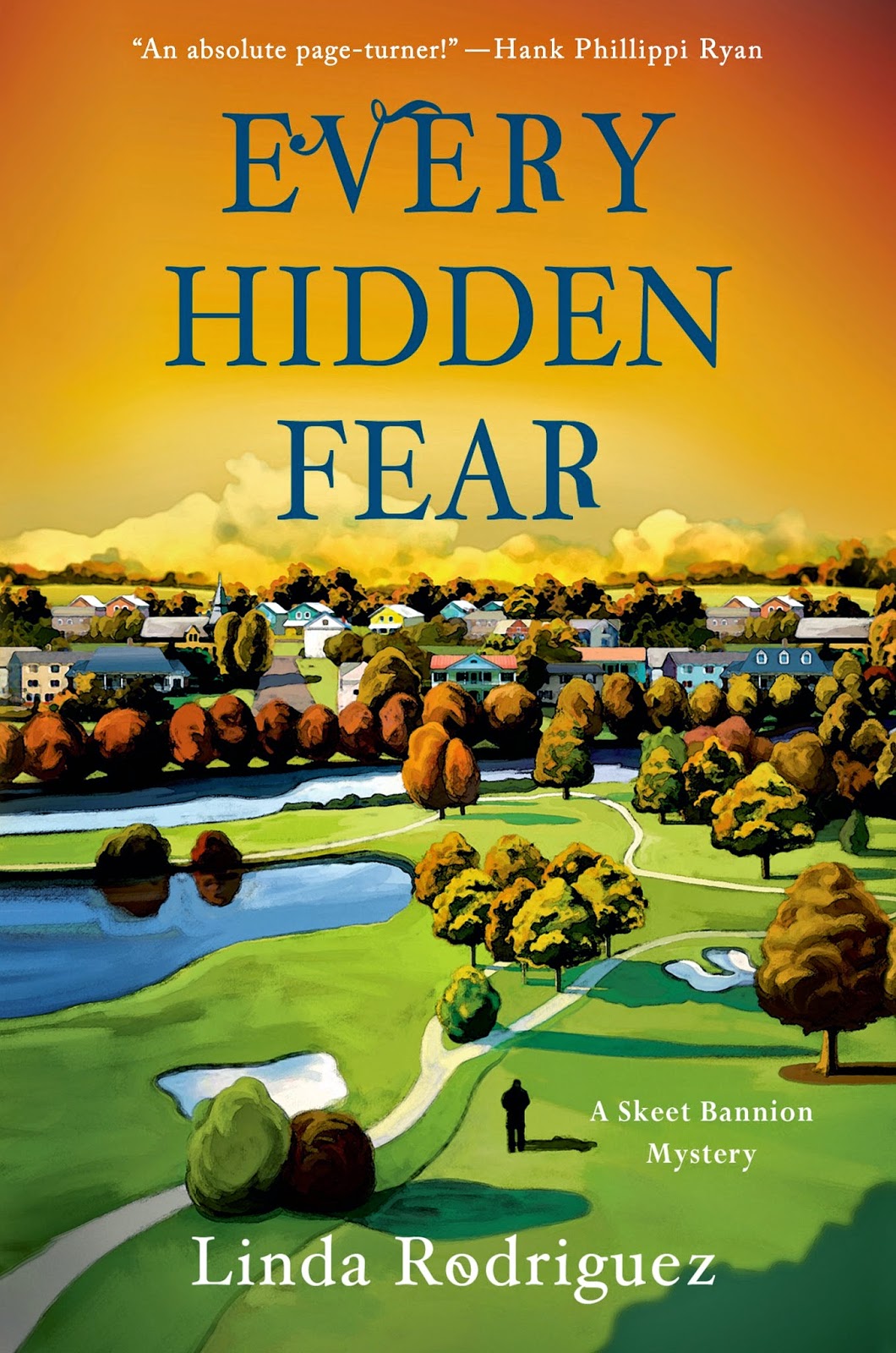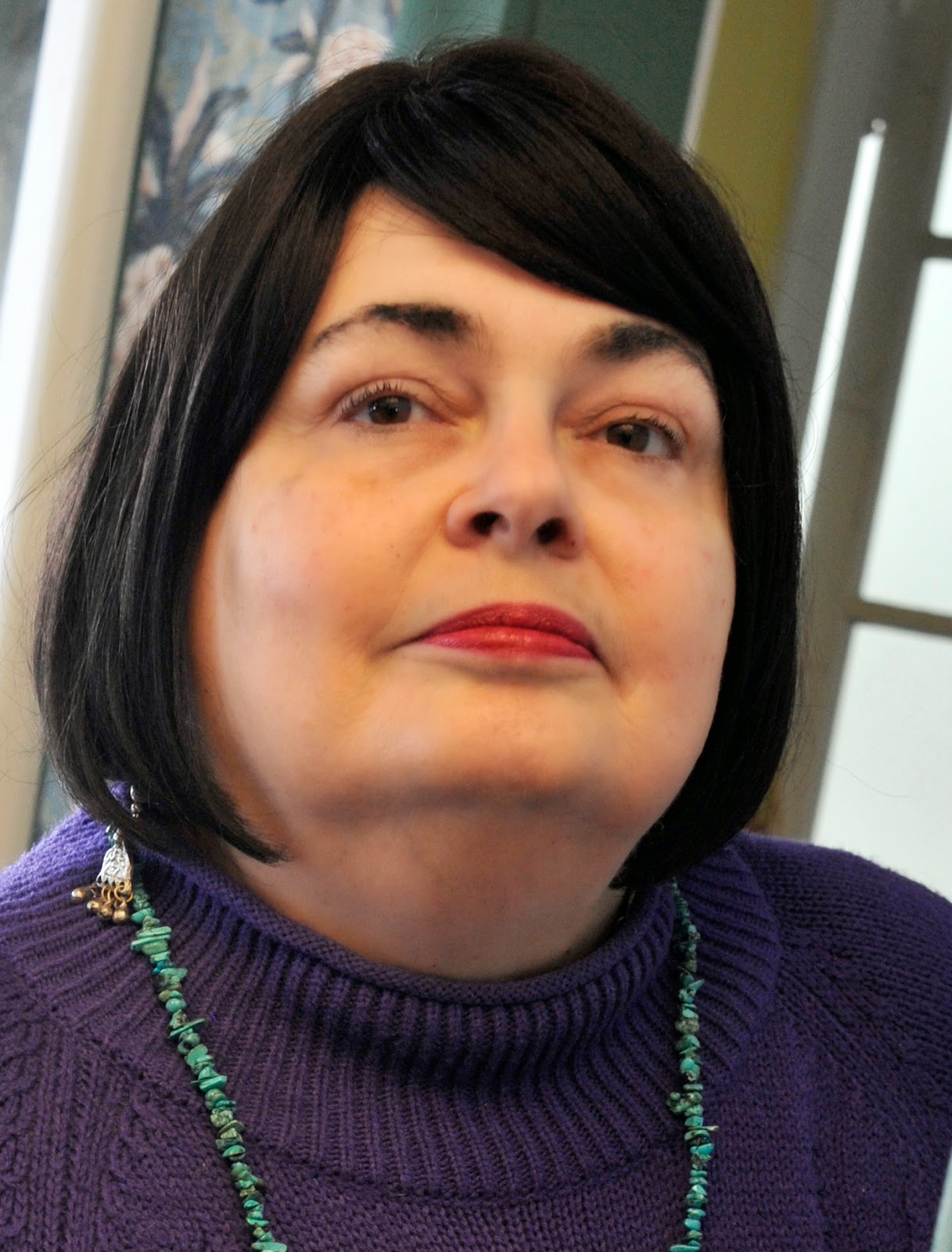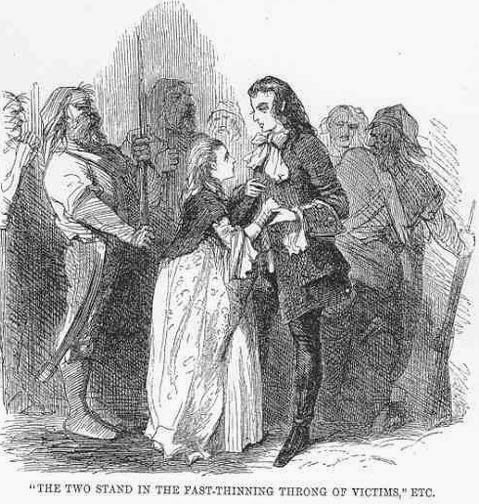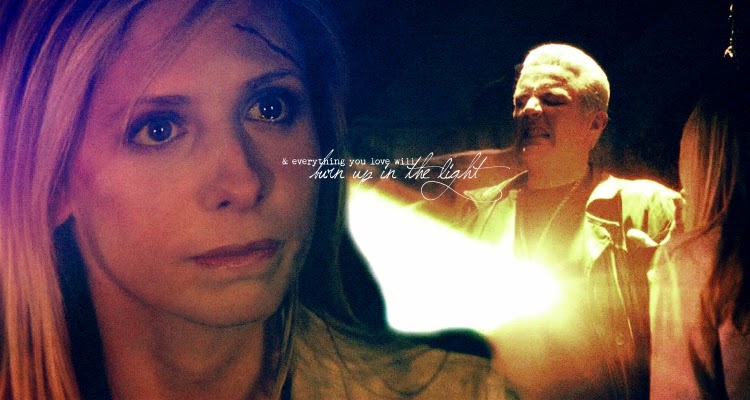On Buying Books—Or Not
Every Hidden Fear, and apologized for
having checked the book out of the library. I reassured her that there was no
need to apologize, but I know why these readers and others have felt this way.
A few authors have been very vocal on Facebook and other places about their
disgust at people using the library rather than purchasing their books. When
you add in the justifiable distress that most authors feel and express about
actual book piracy, which is usually of e-books, it might seem to readers that
there are a lot of angry authors out there. I don’t believe that’s the case, at
all.
their local libraries, and most authors I know feel the same way. I think the
authors who’ve exploded online about library copies cutting into their sales
numbers are few—and mostly new to the business. For many of us midlist authors,
library sales are quite an important part of our book-sale figures. Besides,
most of us were at one time nerdy kids who adored and made great use of their
libraries. Many of us are still big library users. Authors tend to love
libraries.
signings when presented with books that were purchased in used-book stores.
They usually are gracious to the reader, but complain about it to their fellow
authors later. And they have a point. The author and publisher receive nothing
from that used-book sale after the initial sale. Some readers are not aware of
this. Some are, but can’t afford to buy all of their books new, especially if
the book is only available in hardcover.
and used-book stores are legitimate outlets. Piracy, which usually involves
e-books, is when copies of a book are made available for free in the millions
on sites usually called torrent sites. These sites violate the copyright laws
and basically allow people to steal books. Aside from the damage this does to
publishers and authors, which can be substantial, it is fundamentally unethical
and dishonest behavior.
I don’t want my books pirated, and I don’t care how many
people tell me “all content should be free” or “it’s good exposure.” People can
die from exposure. My attitude is Don’t steal my books. But used-book
sales are not piracy. Those books were purchased once, much as library books
are, and with physical books, certainly, there’s a limit on how many times that
book can be checked out or sold before it gets ragged and must be discarded and
a new one bought. In the meanwhile, people are reading my books and enjoying
them and recommending them to friends and eventually, I hope, buying them new.
My books are only available in hardcover and e-book at the moment, and I know
the hardcover’s a big expense for students and folks on fixed incomes.
Libraries and used-book stores make it possible for them to find my books and
read them anyway.
store sales count nothing at all for the writer. Library sales do count, though
they are not figured in for the bestseller lists. And the way publishing works
right now, if a writer’s sales don’t continually climb—at a fairly steep
rate—that author will be dropped by the publisher after three to six books.
Even if all those books earned out their advances. Even if all those books had
stellar reviews and were nominated for awards. So if too many of an author’s
readers use libraries only and/or, especially, used-book stores to access their
books, that author and that series of books will disappear. The author may be able
to start a different series at a different publisher, but usually s/he will
have to take a pen name, making it difficult for fans to follow. Publishers
today seem to think every author should become a bestseller eventually—and
remember, neither library nor used-book sales count for that—and if s/he
doesn’t, the publishers lose interest in that author.
anything from anywhere. But I’d like readers to be aware that their choices
will affect whether or not their favorite authors are able to continue writing
their favorite books—or at all. But if, like my correspondents, you feel bad
because you simply can’t afford to buy a new book by a favorite author, don’t.
Just write a brief, thoughtful review
and post it on Amazon or Good Reads or other reading community. That will mean
a great deal to the author and cost you nothing but a few minutes of your time.
REPLIES TO COMMENTS (because Blogger hates me, and even though I managed to comment from another browser twice, now it won’t let me comment even that way–huge sigh): Gee, Ritter, thanks! I don’t think I’ve been anyone’s hero in a while. 🙂















